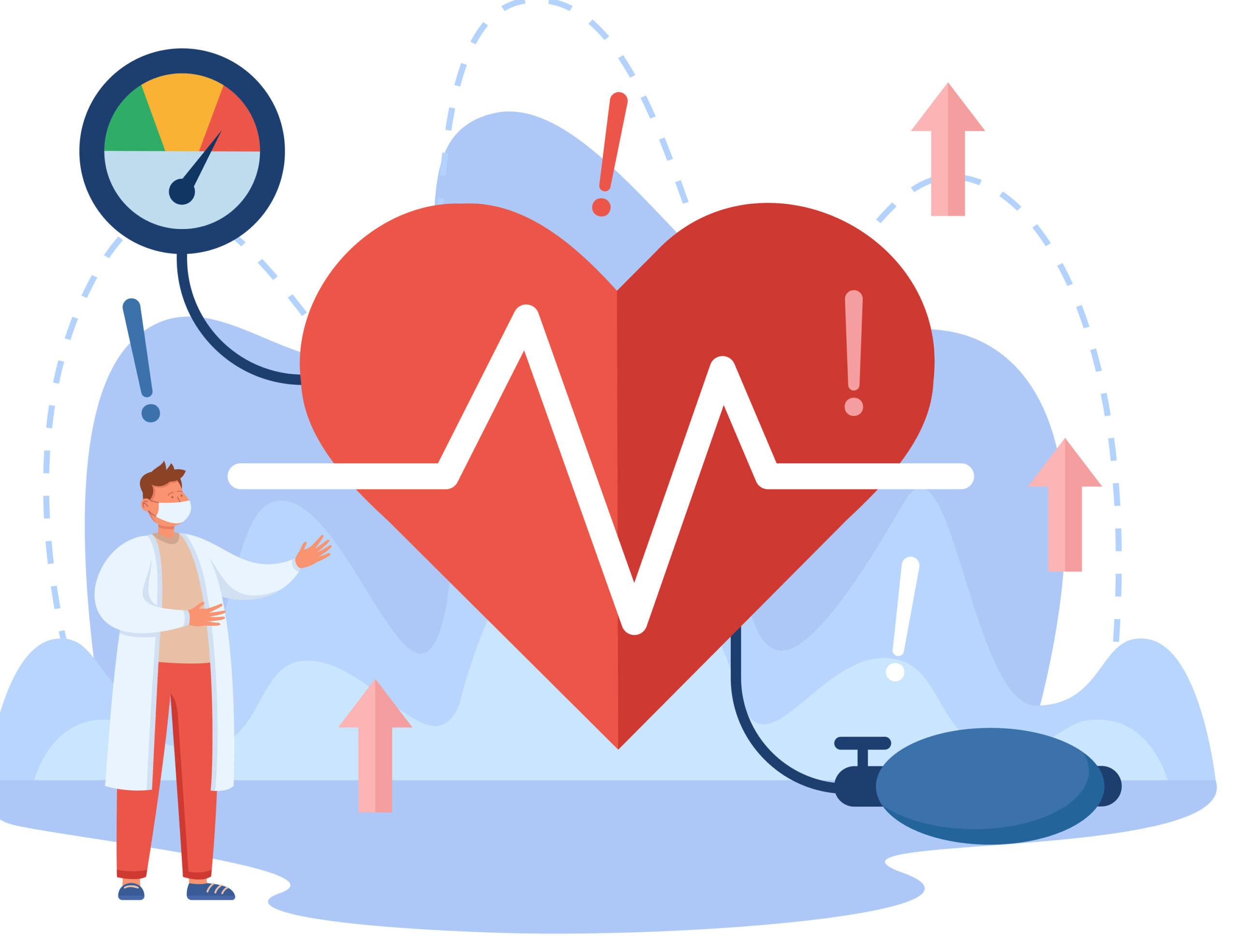Troponin levels play a crucial role in diagnosing and assessing the severity of heart attacks. When a person experiences chest pain or exhibits symptoms of a heart attack, healthcare professionals often order a blood test to measure troponin levels. This blog post aims to provide a comprehensive overview of troponin levels as a heart attack blood test and explain their significance in diagnosing cardiac events.
Understanding Troponin
Troponin is a protein found in cardiac muscle cells. It consists of three subunits: troponin I (TnI), troponin T (TnT), and troponin C (TnC). These proteins are responsible for regulating muscle contraction in the heart. When the heart muscle is damaged, troponin is released into the bloodstream.
The Role of Troponin in Diagnosing Heart Attacks
Troponin blood tests are highly sensitive and specific in diagnosing heart attacks, also known as myocardial infarctions (MI). When heart muscle cells are damaged due to reduced blood flow, such as in a heart attack, troponin levels rise in the blood. Detecting elevated troponin levels helps healthcare professionals confirm the presence of a heart attack and determine its severity.
Types of Troponin Tests
There are two types of troponin tests commonly used:
- Troponin T (TnT) Test: This test measures the levels of troponin T in the blood. Troponin T is a more specific indicator of cardiac muscle damage.
- Troponin I (TnI) Test: The troponin I test measures the levels of troponin I in the blood. Troponin I is released into the bloodstream when heart muscle cells are damaged.
Both tests are highly accurate and provide valuable information about the extent of cardiac damage.
Interpreting Troponin Levels
Troponin levels are typically measured in ng/mL (nanograms per milliliter) or μg/L (micrograms per liter). The reference range for troponin levels can vary slightly between different laboratories, but generally, a normal troponin level is below the reference range value.
In the context of a heart attack, elevated troponin levels suggest cardiac muscle damage. The severity of the damage is often proportional to the degree of troponin elevation. Higher troponin levels indicate a larger area of the heart affected by the heart attack.
It’s important to note that troponin levels can remain elevated for several days after a heart attack. Monitoring troponin levels over time helps healthcare professionals assess the progression of the condition and the effectiveness of treatment.
Factors Affecting Troponin Levels
Apart from heart attacks, several other factors can cause troponin levels to rise, including:
- Severe chest trauma or injury
- Chronic kidney disease
- Cardiac procedures like angioplasty or stent placement
- Heart failure or cardiomyopathy
- Inflammation of the heart muscle (myocarditis)
- Consulting with a healthcare professional is crucial for accurate interpretation of troponin levels, as they will consider these factors and perform additional tests to reach a definitive diagnosis.
Conclusion
Troponin levels serve as an important blood test in the diagnosis of heart attacks. By measuring troponin T or troponin I levels, healthcare professionals can confirm the presence of cardiac muscle damage and evaluate the severity of the heart attack. Timely detection and monitoring of troponin levels are essential in providing appropriate medical intervention and improving patient outcomes.
If you experience symptoms of a heart attack or have concerns about your heart health, consult with a healthcare professional for proper evaluation and guidance.
FAQ’s
- What are the normal levels of troponin in the blood?
Typically, the amount of troponin in your blood is usually quite low and not easily detected by most tests. Troponin is a protein that is specifically present in the heart muscle, and it is not typically released by a healthy heart into the bloodstream. Doctors measure troponin levels in units called nanograms per milliliter (ng/mL). If a test does detect troponin, it could suggest that there has been some damage to your heart muscle.
- What are some of the other conditions, besides a heart attack, that can cause troponin levels to rise?
High levels of troponin do not necessarily indicate a heart attack. There are various other factors that could lead to elevated troponin levels, such as myocarditis, arrhythmia, heart failure, or serious lung or kidney issues. It is also possible for troponin levels to rise temporarily after strenuous physical activity. Your doctor will take into account your symptoms and other relevant information when interpreting the results of a troponin test.
- What are the different types of troponin tests, and are there any advantages or disadvantages to different types of tests?
Troponin tests come in two main types: troponin I (TnI) and troponin T (TnT). While both tests check for heart muscle damage, TnI is more focused on the heart specifically, whereas TnT may show a slight increase from injury in other muscles. Advanced high-sensitivity troponin tests are able to identify even minor heart damage. Although these more delicate tests can detect smaller events or those with milder symptoms, they may also produce more uncertain results. Ultimately, your doctor will select the best troponin test for you based on your unique circumstances.
- What are the symptoms of high troponin levels?
Elevated troponin levels usually don’t show any symptoms on their own. Yet, they may point to potential heart damage. This damage may lead to symptoms such as chest pain, pressure, or tightness, as well as shortness of breath, nausea, and fatigue. If you are experiencing any of these symptoms, it’s crucial to promptly seek medical help.
- How accurate are troponin tests in diagnosing heart attacks?
Troponin tests are important in identifying heart attacks, although they are not always definitive. A rise in troponin levels typically signifies heart damage, but it can also be due to other health issues. It is important to note that it may take some time for troponin levels to elevate after a heart attack, so initial tests might not reveal any changes. Doctors evaluate troponin results in conjunction with symptoms and EKG readings to provide a more precise diagnosis.
- Are there other conditions that can cause high troponin levels besides heart attack?
Yes, there are many reasons other than a heart attack that can lead to elevated troponin levels. Factors such as inflammatory conditions like sepsis, lung issues such as pulmonary embolism, and kidney disease can all play a role. Additionally, intense physical activity or injury may also result in a temporary spike in troponin levels. If your troponin test comes back high, your doctor will assess your symptoms and other elements to pinpoint the underlying cause.



